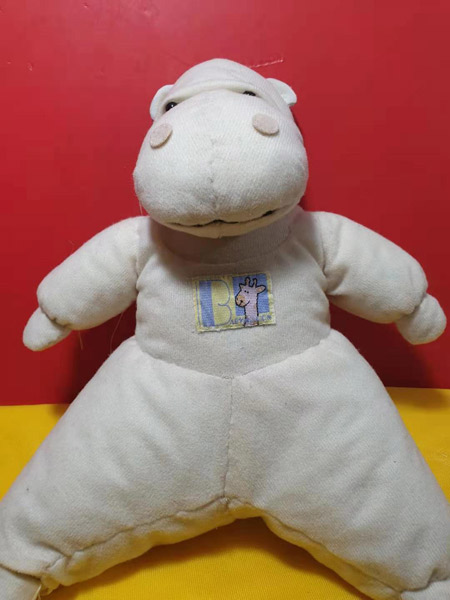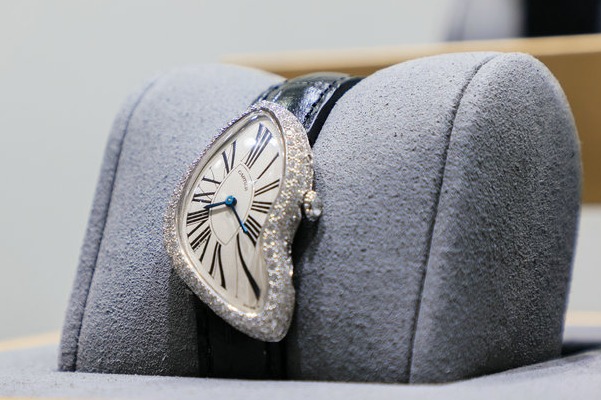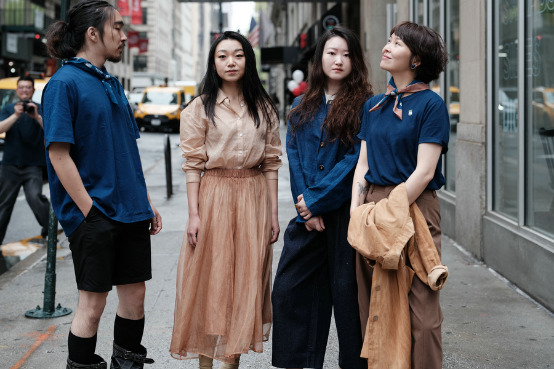Toys are not always child's play


Source of comfort
Stuffed animals and dolls provide warmth, comfort and security to adults, Zhu says.
In psychology, they are referred to as transitional objects. The term, coined by Donald Winnicott in 1951, means "a designation for any material to which an infant attributes a special value and by means of which the child is able to make the necessary shift from the earliest oral relationship with mother to genuine object-relationships".
In fact, not all the people grow out of their attachment to their childhood transitional objects.
They may keep a security blanket, teddy bear, doll, or other soft objects that they had since childhood.
According to the New York University Psychoanalytical Institute, "the transitional object may be conceived of in three ways: as typifying a phase in a child's development; as a defense against separation anxiety; and, lastly, as a neutral sphere in which experience is not challenged".
Zhu agrees that adults also need security objects, which may be stuffed toys, smartphones or family photos, which help people feel connected or comfortable.
A 2018 report by British market research company OnePoll showed that four in 10 adults still have a stuffed animal they interact with. It examined the sentimentality of 2,000 adults and found 43 percent still privately indulge their softer side with a cuddle from their favorite stuffed toy.




































